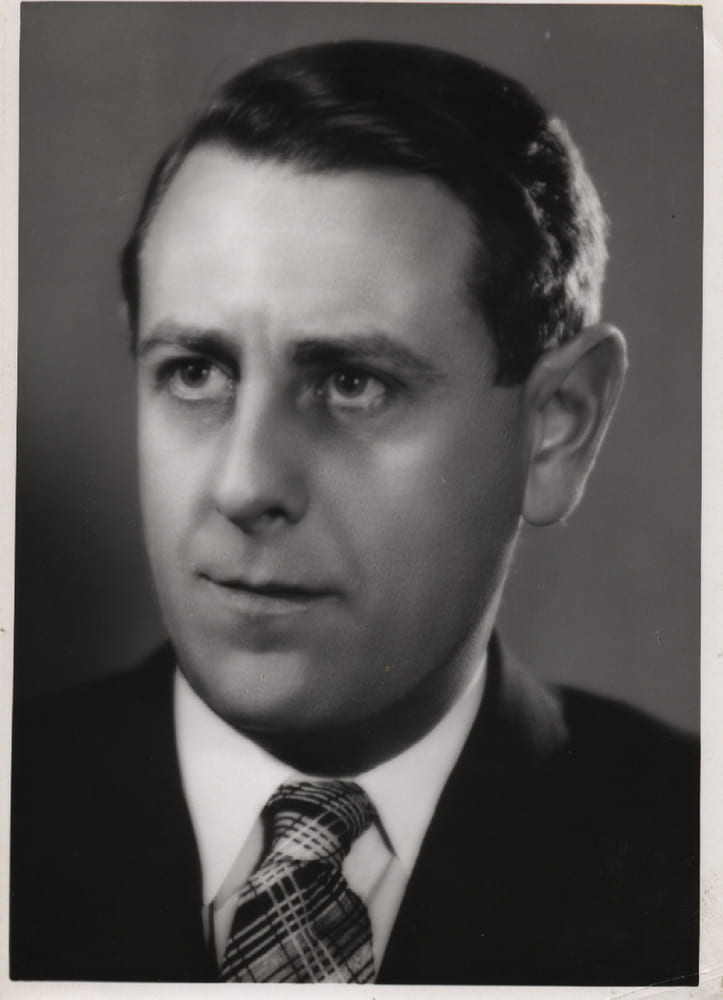Marcel Mule

Born in 1901 in Aube (Orne), Marcel Mule was introduced to music at the age of 8 (saxophone, violin then piano). He first learnt from his father, a brass band director, then from François Combelle, a soloist in the Republican Guard. He joined the guard in 1923, taking over from his teacher, and founded the saxophone quartet a few years later.
The musician discovered vibrato in jazz orchestras at the end of the 1920s. Initially surprised, he decided to experiment with it on his saxophone and then gradually integrated it into classical music. This new way of playing was a success and quickly spread until it became institutionalized.
Marcel Mule became France's leading saxophonist and participated in numerous premieres, including Ravel's Boléro, which proved to be a huge hit. His reputation led him to give numerous concerts throughout Europe and the world, first with his quartet and then as a soloist in symphony orchestras.
Marcel Mule was also the second saxophone professor to teach at the Paris Conservatoire. That was in 1942, 70 years after Adolphe Sax's departure! Between 1942 and 1968, the year of his retirement, he enabled 87 of his students to win their First Prize. In addition, he was a technical advisor with Henri Selmer Paris, and contributed to the development of the famous Mark VI.
Marcel Mule died in 2001. He is considered the father of the French Classical Saxophone School. He created and generated numerous works for saxophone, participated in the evolution of the instruments and trained many renowned musicians.
Photo credit: Henri SELMER Paris